



In the Korean War, the United States casualties are as follows:
Dead—54,246 (33,652 KIA)
Wounded—103,284
MIA—8,196
Captured—3,746
Dead—54,246 (33,652 KIA)
Wounded—103,284
MIA—8,196
Captured—3,746
Source
+++
The Korean War was a war fought from 1950-1953 on the Korean Peninsula that was divided by the post-World War II Soviet and American occupation zones. The war began on June 25, 1950, when the communist Democratic People's Republic of Korea invaded the capitalist Republic of Korea. The conflict ended when a cease-fire was reached on July 27, 1953.
The principal support on the side of the North was China, with limited assistance by Soviet combat advisors, military pilots, and weapons. South Korea was supported by United Nations (U.N.) forces, primarily from the United States, although many other nations also contributed personnel. When the conflict began, North and South Korea existed as provisional governments competing for control over the Korean peninsula after the Division of Korea.
In South Korea, the war is often called 6·25, from the date of the start of the conflict or, more formally, Han-guk Jeonjaeng ( literally “Korean War”). In North Korea, it is formally called the Fatherland Liberation War . In the United States, the conflict was officially termed a police action — the Korean Conflict — rather than a war, largely in order to avoid the necessity of a declaration of war by the U.S. Congress. However, it is more commonly referred to as the "Korean War." The war is sometimes referred to outside Korea as “The Forgotten War” because it is a major conflict of the 20th century that garners far less attention than World War II, which preceded it, and the controversial Vietnam War, which succeeded it. In China, the conflict was known as the War to Resist America and Aid Korea but is today commonly called the “Korean War” (Chaoxian Zhanzheng).
The principal support on the side of the North was China, with limited assistance by Soviet combat advisors, military pilots, and weapons. South Korea was supported by United Nations (U.N.) forces, primarily from the United States, although many other nations also contributed personnel. When the conflict began, North and South Korea existed as provisional governments competing for control over the Korean peninsula after the Division of Korea.
In South Korea, the war is often called 6·25, from the date of the start of the conflict or, more formally, Han-guk Jeonjaeng ( literally “Korean War”). In North Korea, it is formally called the Fatherland Liberation War . In the United States, the conflict was officially termed a police action — the Korean Conflict — rather than a war, largely in order to avoid the necessity of a declaration of war by the U.S. Congress. However, it is more commonly referred to as the "Korean War." The war is sometimes referred to outside Korea as “The Forgotten War” because it is a major conflict of the 20th century that garners far less attention than World War II, which preceded it, and the controversial Vietnam War, which succeeded it. In China, the conflict was known as the War to Resist America and Aid Korea but is today commonly called the “Korean War” (Chaoxian Zhanzheng).
from Wikipedia
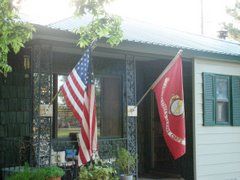
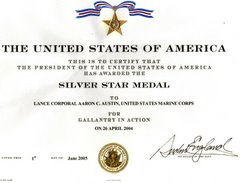
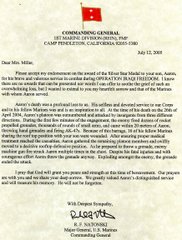
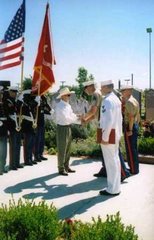


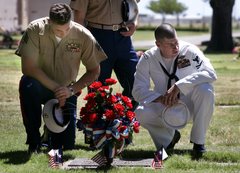

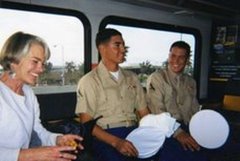

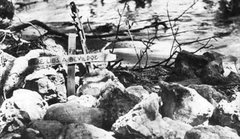




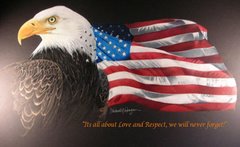
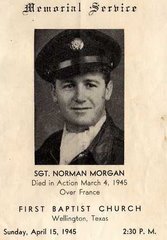
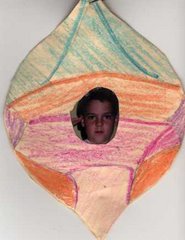

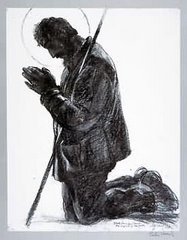
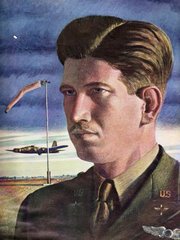
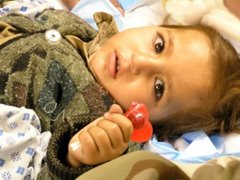
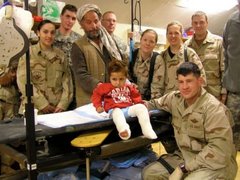
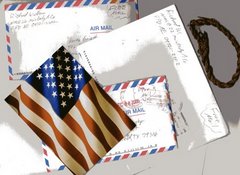

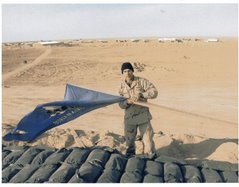


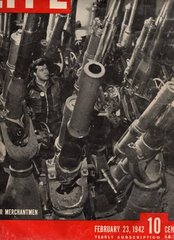
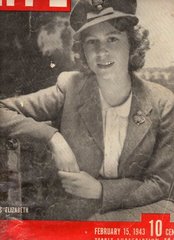

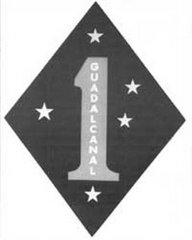
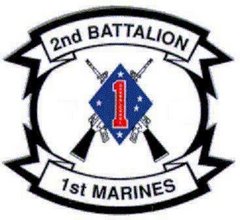




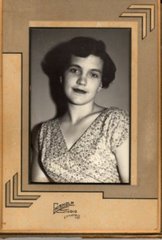
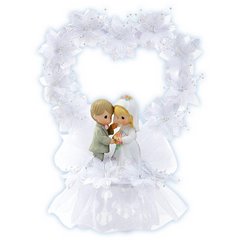
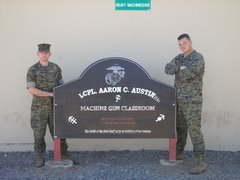

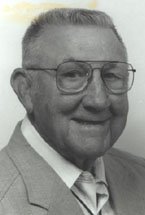

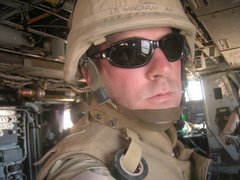
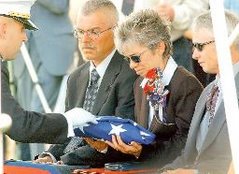


3 comments:
The Korean War Memorial is a very special place... It is pristine.. The WW2 memorial is no=ice but wide open...Korean you are kind of in the back and inclosed and the wall is so clear you can see you own face... rather scary in away... beautiful
It is so beautiful! Even in this photo here, I can see mine and Greg's image as he snapped the picture.
Thanks, Dave. Will be out catching up on some visiting this evening and will knock on your door to see if you're home!! :)
When Gary (my soldier son) took me to the Korean War Memorial, after his homecoming ceremony, there was a group of Korean tourists there. They were of an age that they were deeply affected by it and there were tears running down many faces. Gary grabbed my hand and said, "wouldn't it be great if Americans were that moved at our memorials?"
PS - He's heading back to Iraq in August.
Post a Comment